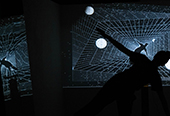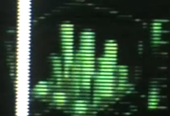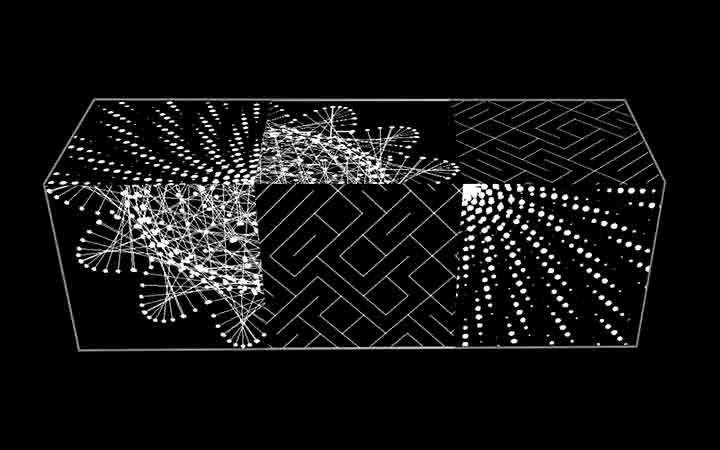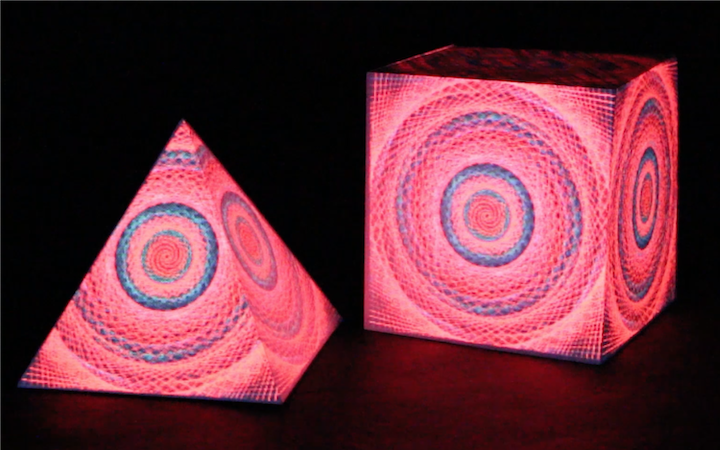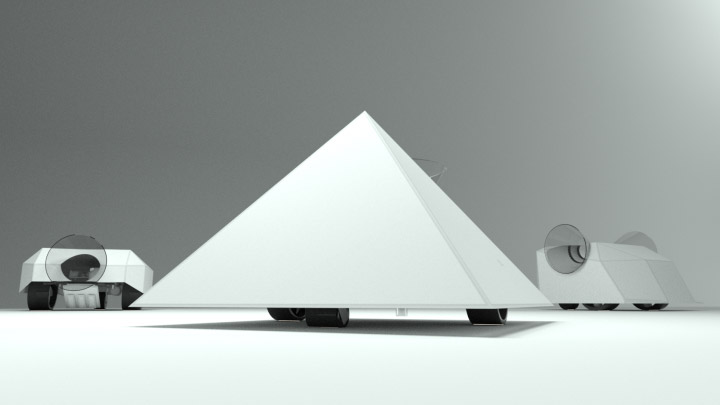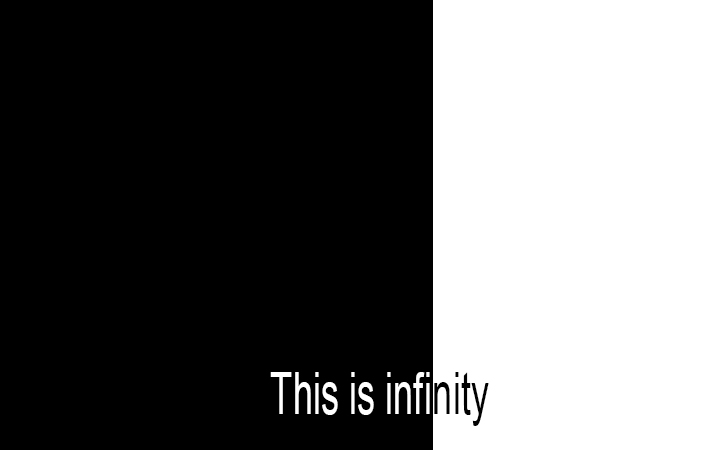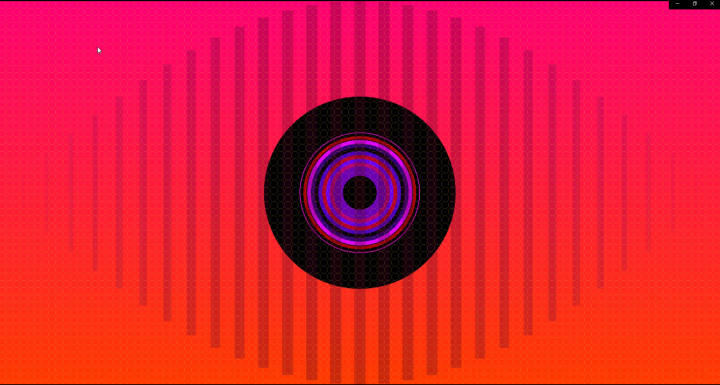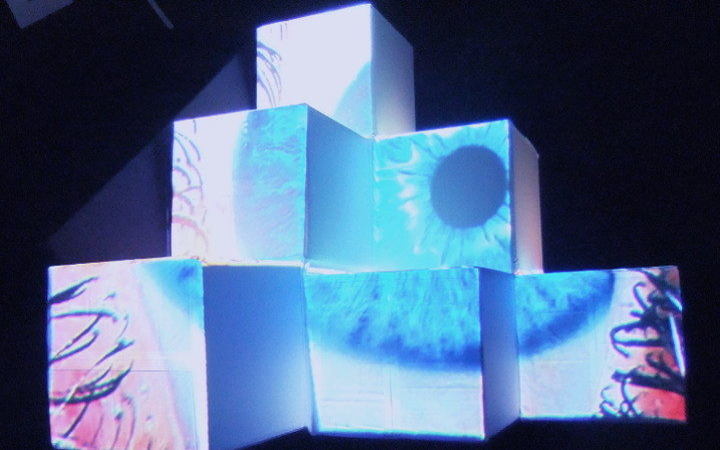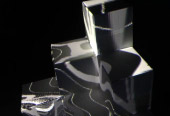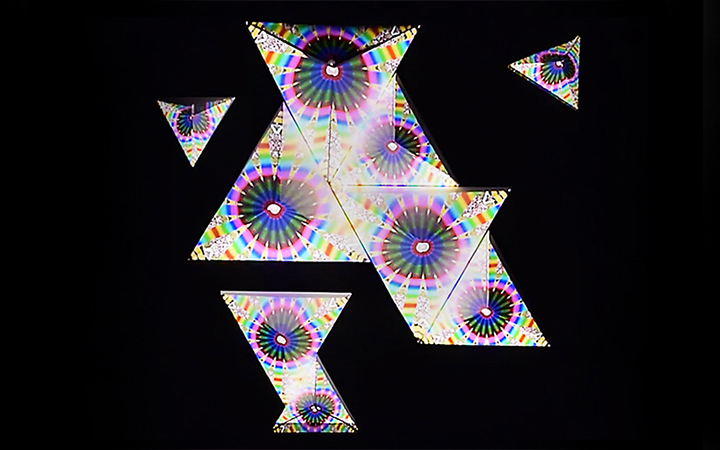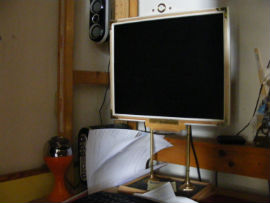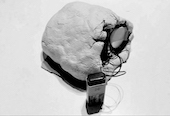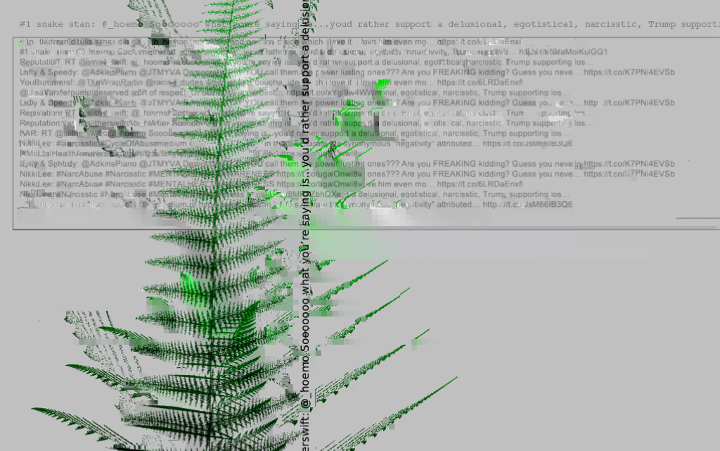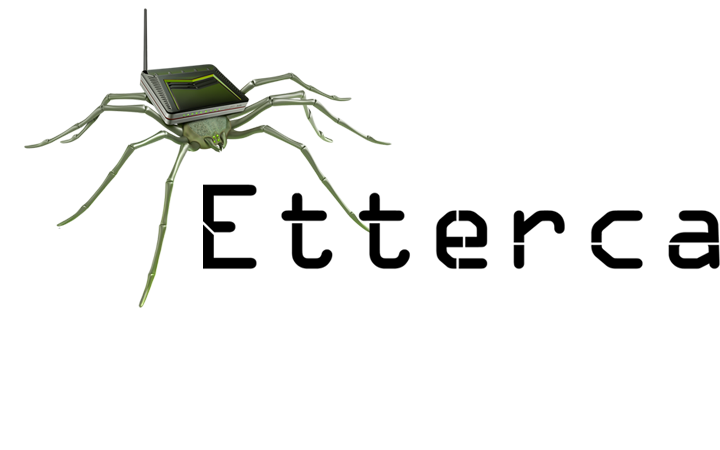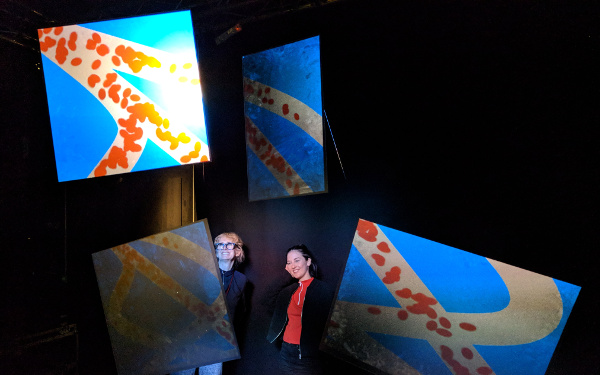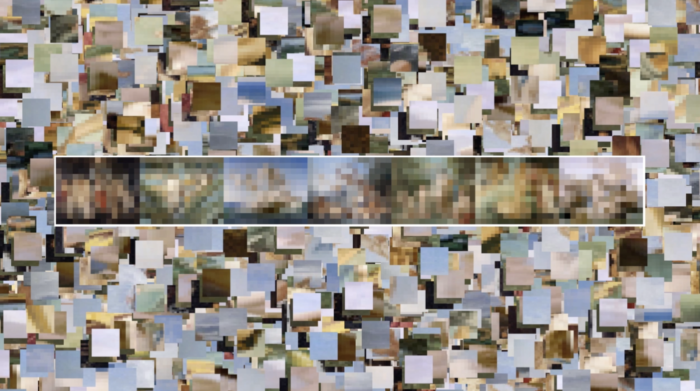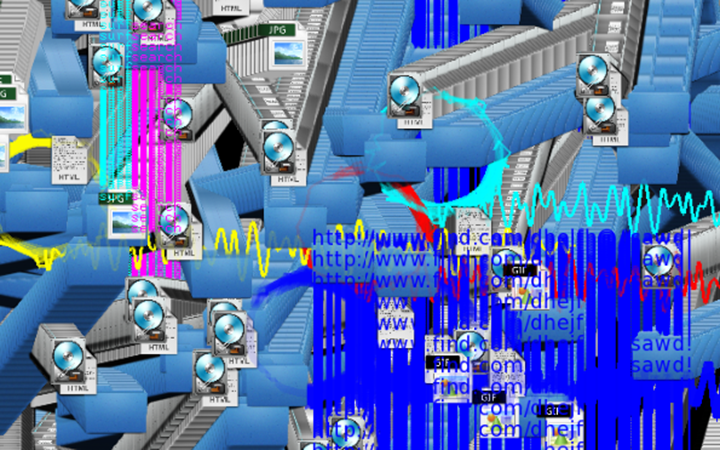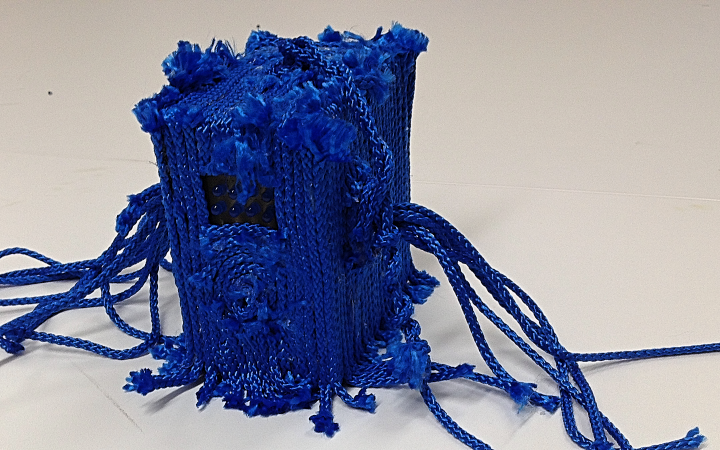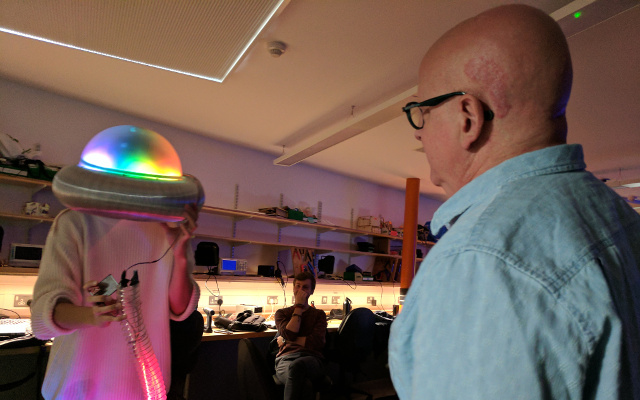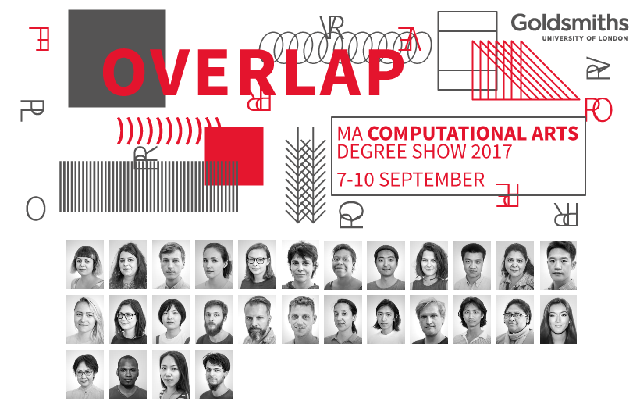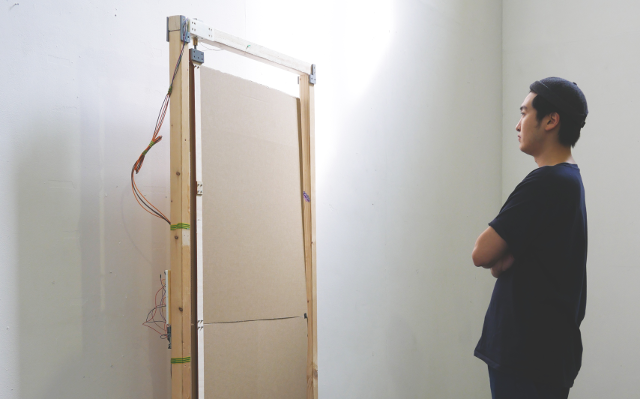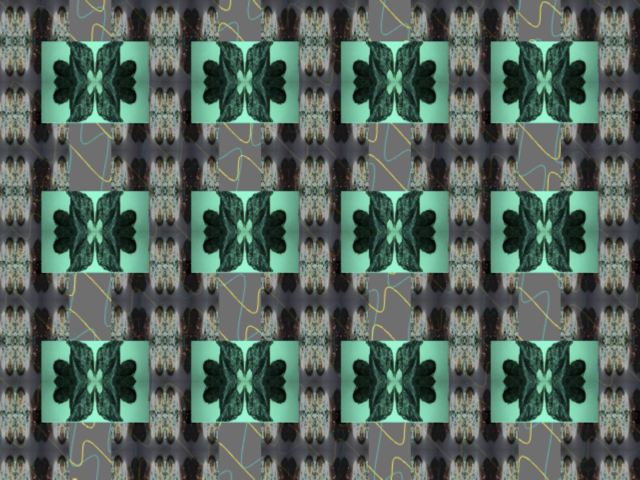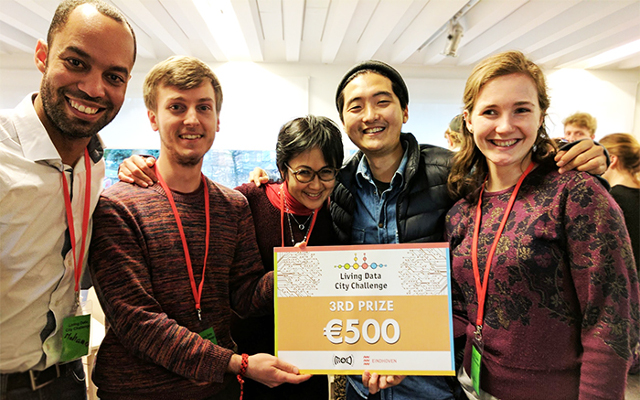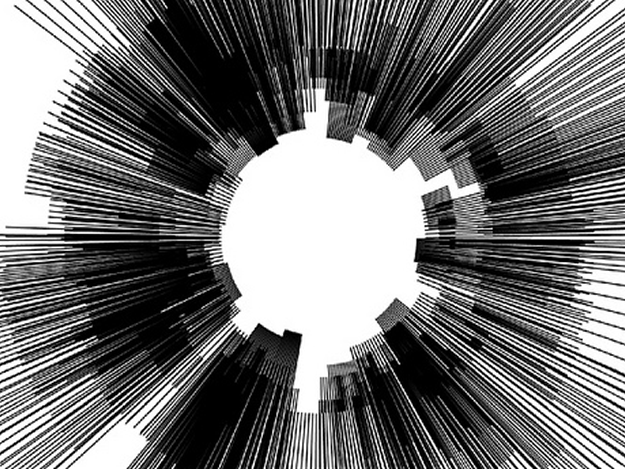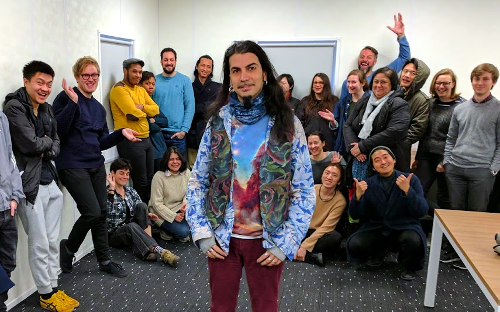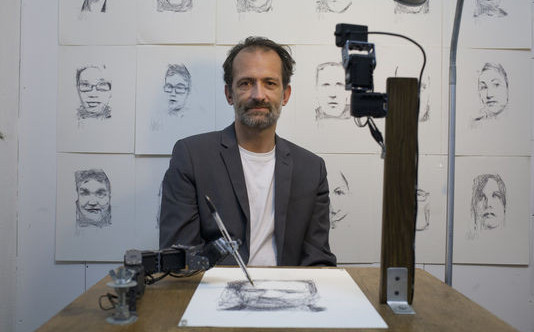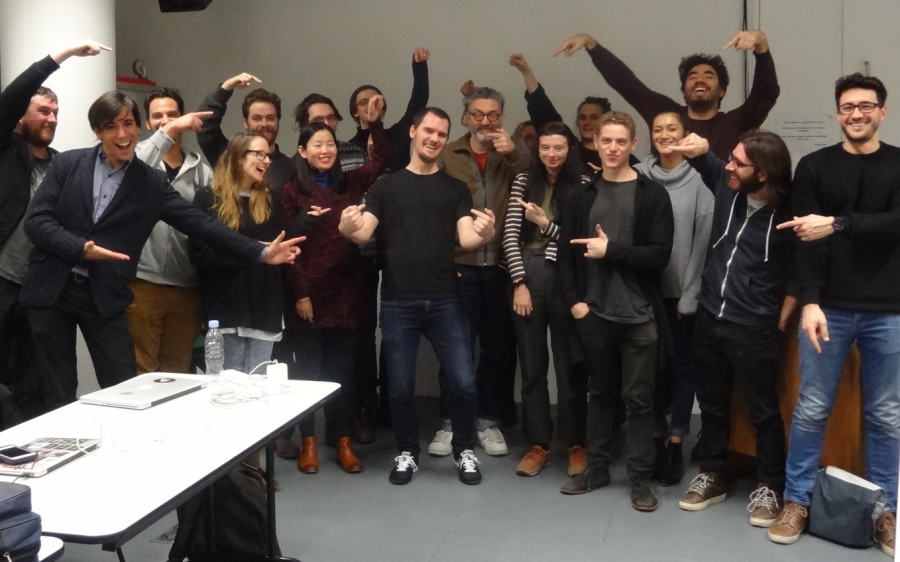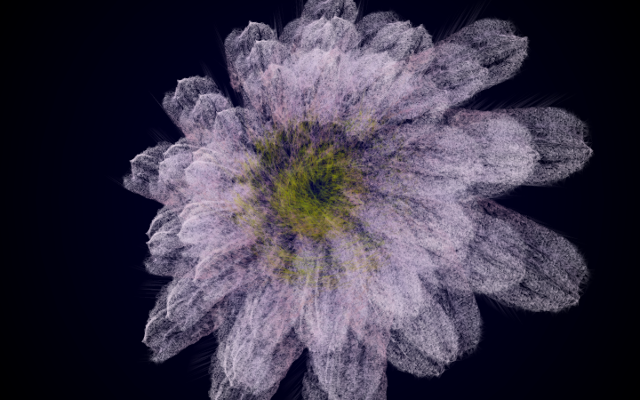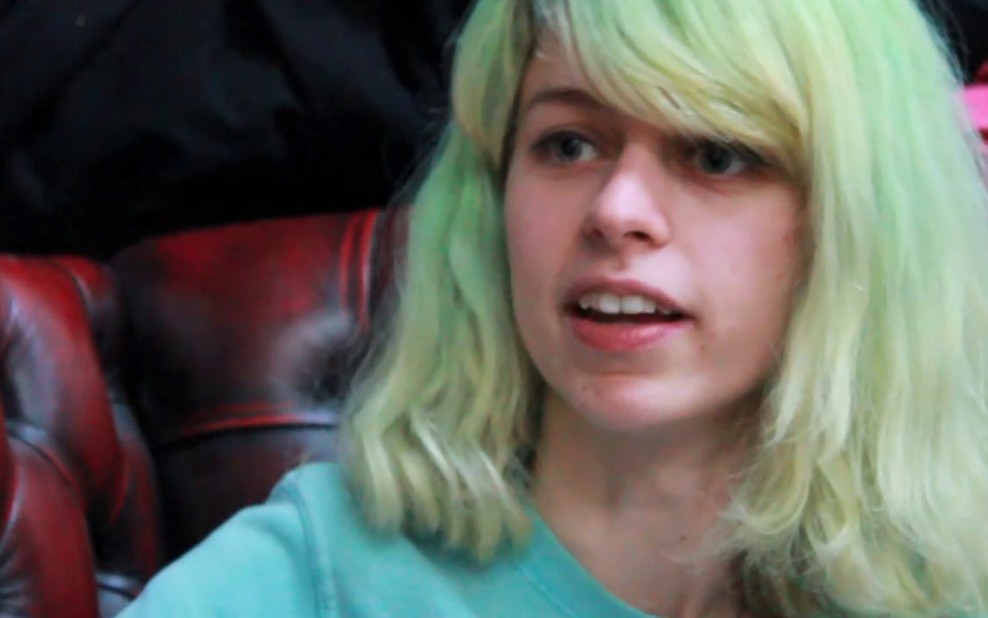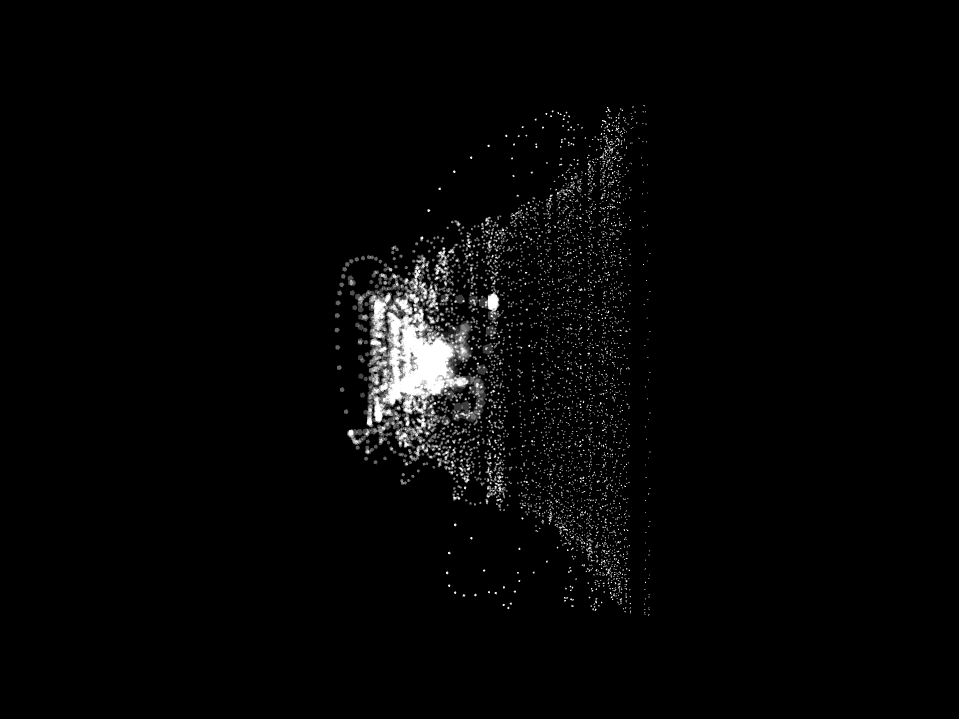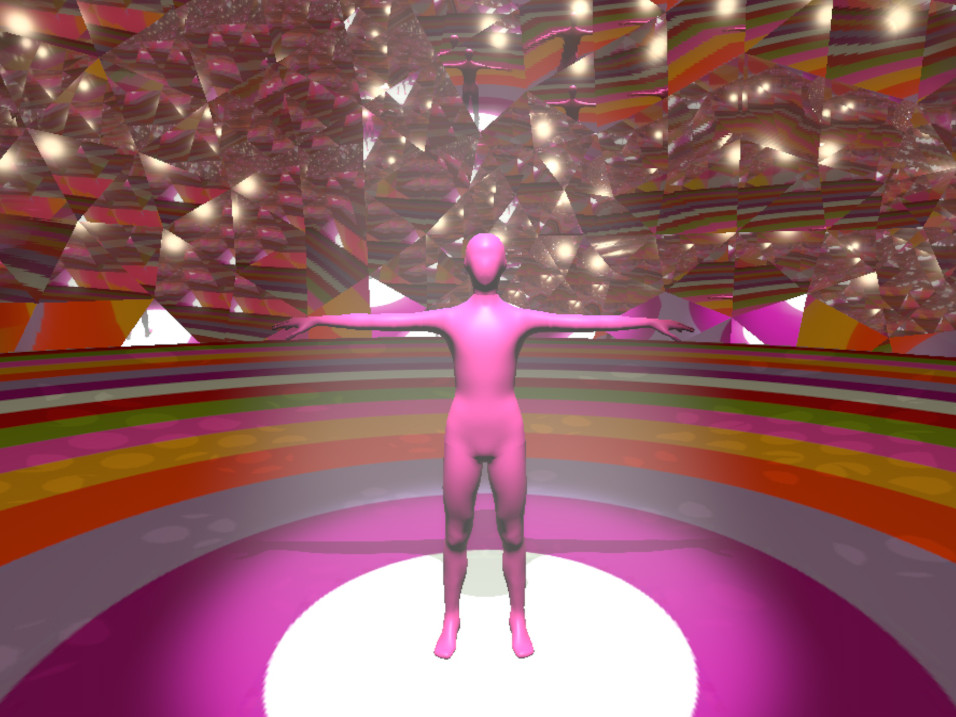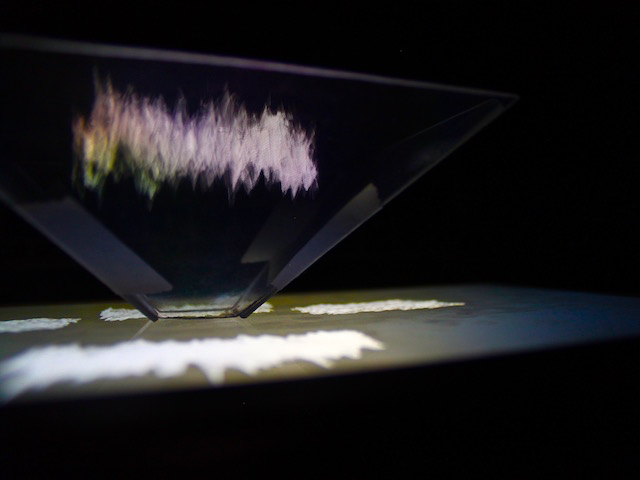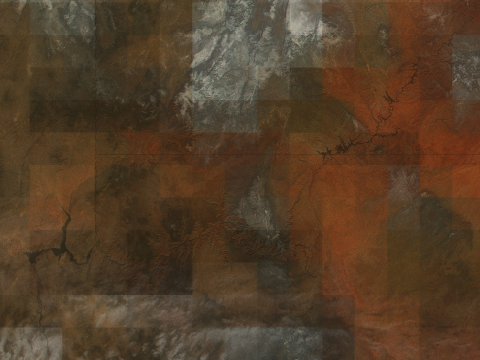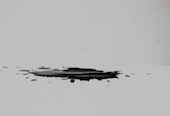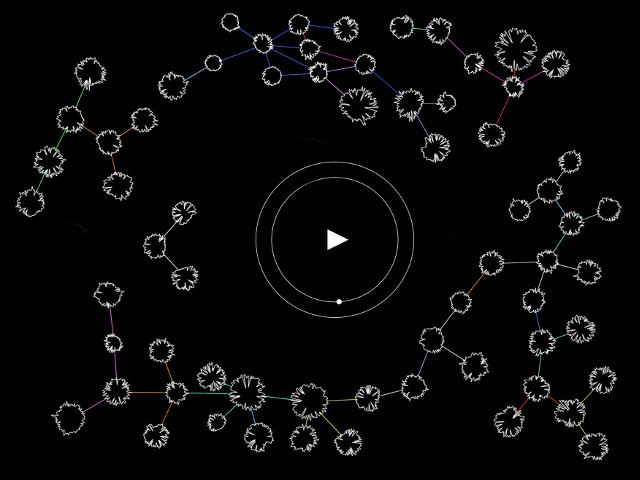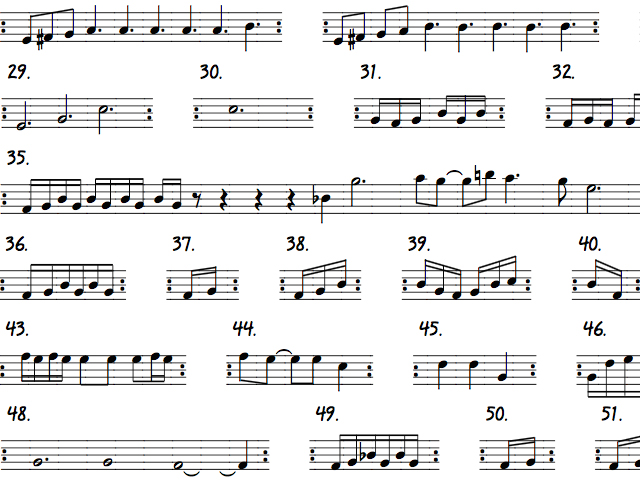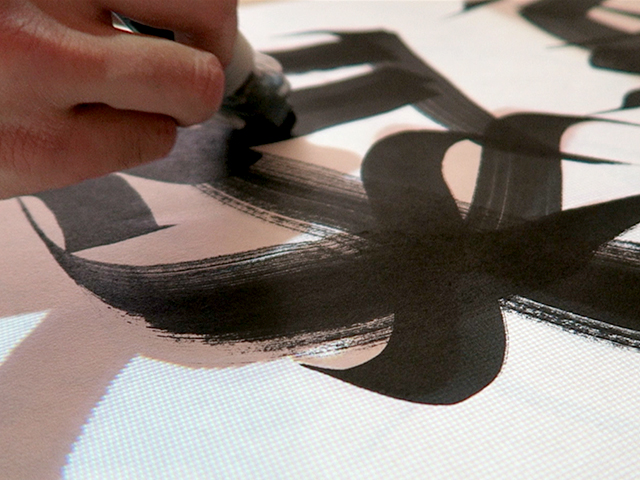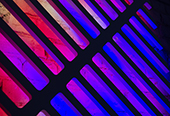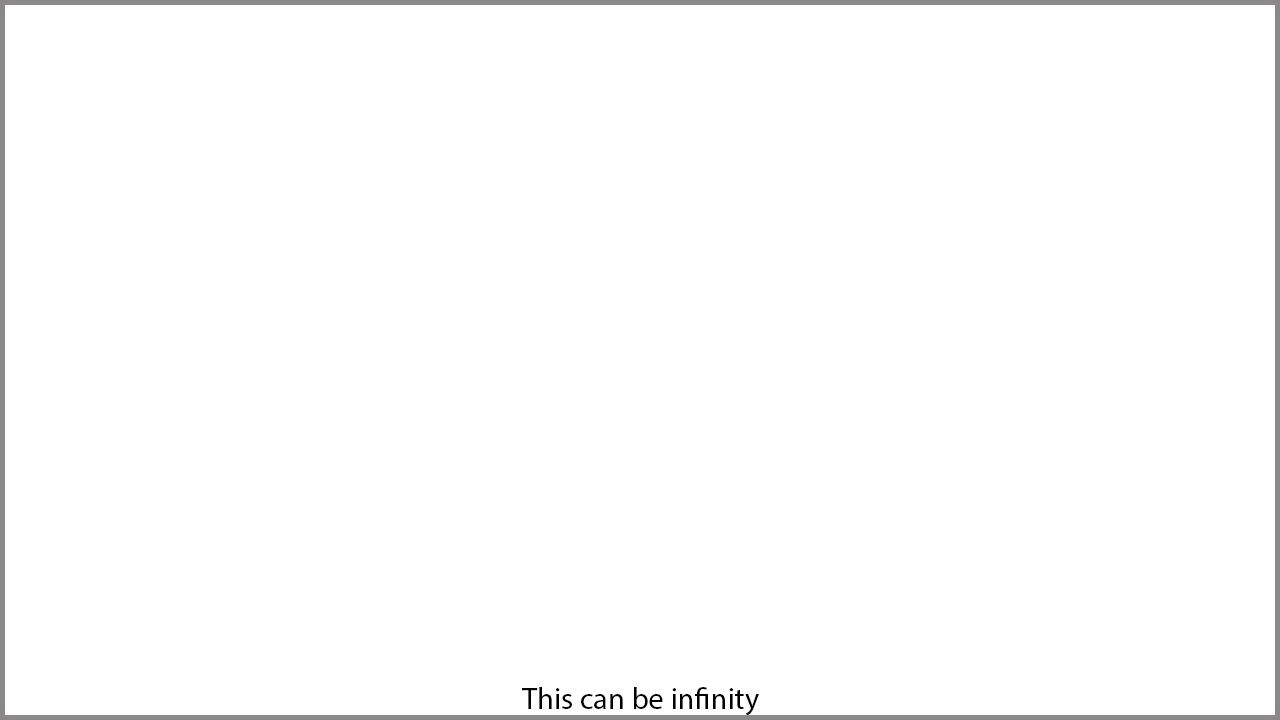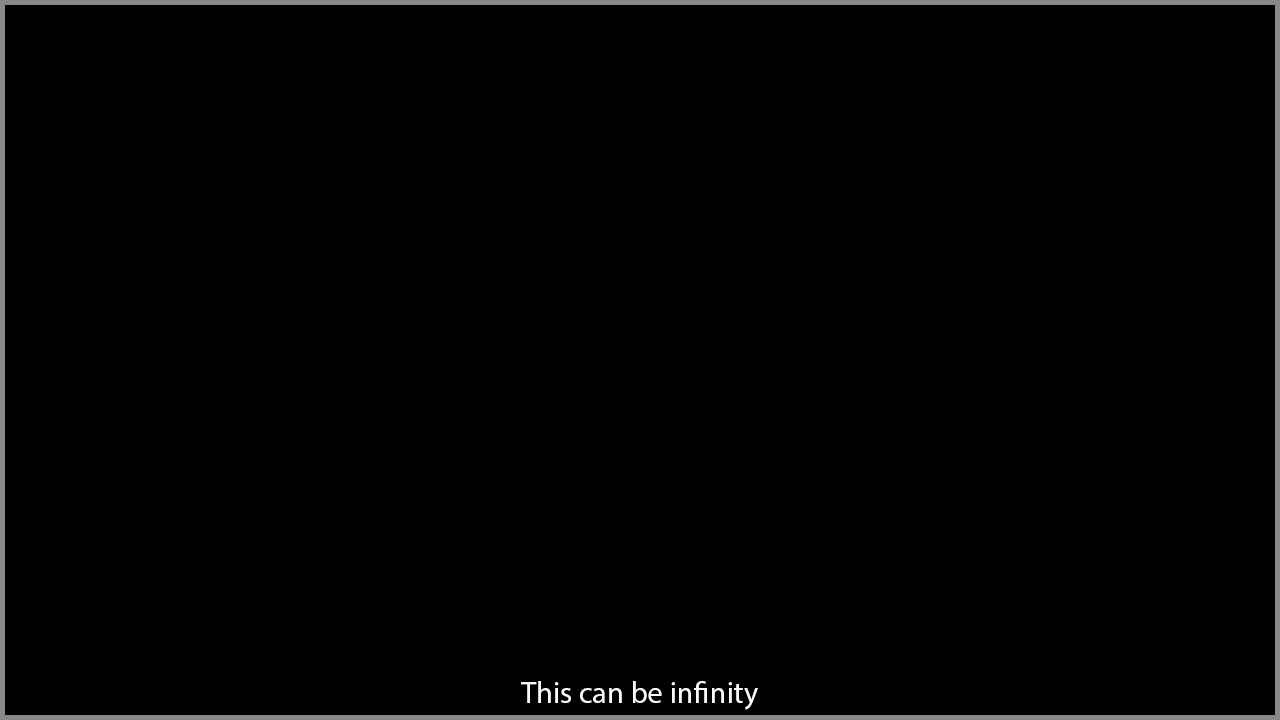Unity of Opposites
Coincidentia Oppositorum: the infinity and void
Super-sensibility is the basis for enabling emotions and phenomena, which are private but not perceived (Kant)
By: Seyeon Park
The unity of opposites is the central category of dialectics, said to be related to the notion of non-duality in a deep sense. It defines a situation in which the existence or identity of a thing (or situation) depends on the co-existence of at least two conditions that are opposite to each other, yet dependent on each other and presupposing each other, within a field of tension.
1. Coincidentia oppositorum
It comes from the Latin phrase meaning coincidence of opposites. It is a Neoplatonic term attributed to 15th-century German polymath Nicholas of Cusa in his essay, De Docta Ignorantia (1440). Mircea Eliade, a 20th-century historian of religion, used the term extensively in his essays about myth and ritual, describing the coincidentia oppositorum as "the mythical pattern". Psychiatrist Carl Jung, the philosopher, and Islamic Studies professor Henry Corbin as well as Jewish philosophers Gershom Scholem and Abraham Joshua Heschel also used the term. In alchemy, coincidentia oppositorum is a synonym for coniunctio. For example, Michael Maier stresses that the union of opposites is the aim of the alchemical work. Or, according to Paracelsus' pupil, Gerhard Dorn, the highest grade of the alchemical coniunctio consisted of the union of the total man with the unus mundus ("one world"). It means that all discrimination, confrontation, and contradiction disappear and coincide with the absolute God. Nicolaus Kusanus explained the infinity of God and sought to understand it from mathematical figures. For example, if the circle is made small, the circumference approaches the center of the car gradually, and if it is made infinitely small, it finally coincides with the center. Conversely, if the circle is enlarged, the curvature of the circumference gradually approaches 0, and if it is increased infinitely, the curve finally changes to a straight line. In addition, if the base of the triangle is extended to both sides, the base angle becomes smaller gradually, and if it extends infinitely, the triangle becomes straight. It is said that contradictions and contradictions of each other are consistent in the Infinite God.
2. Meaning of infinity
Etymologically, it means the end, the limitless, but metaphysically, the beginning or the end, or the beginning and the end. It means the transcendent who cannot have the increase or decrease due to the front and rear limits. It is a property that is realistically finite (that is, has a beginning and continues so far) but can increase indefinitely. Number, space, and time can increase indefinitely. Mathematics is the study of an infinite number of meanings.
According to Hegel's theory of psycho-phenomena, infinity is driven by the introduction of the evangelized world, and the world of law comes to life. In addition, the reason for confrontation and contradiction within oneself is established. Here the true distinction, the meaning of the conflict, is revealed. Confrontation within the inner distinction does not mean only one of the opposition. Rather, confrontation means 'an opposition again to an alliance, or that some other already exist directly within the alliance itself'. Conflicting things have oneself in the other and vice versa. Therefore, the evangelized world is one's own evangelism and keeps its confrontation in one unification. Only then is the super-sensible world a distinction as an inner distinction, a distinction within itself, or a distinction as infinity. Infinity means the following: Even if there is one (A) that is self-identifying, it is divided into two sides. It returns to the enemy, and this repeats the circulatory process, which inevitably divides itself. After all, A, B, and C are not limited, and they are infinite. This is infinity.
This only means pure replacement and change, and moreover, an opposition to oneself or the contradiction in thought itself. For intrinsic distinction, opposing each other does not mean either one of them, but rather it must be seen as an opposition to the other again, or already seen by some other being directly within the object itself. When I politicize an allegiance to an absolute self-position, this means that the confrontation itself is nothing more than a confrontation with oneself, or in other words, the confrontation is something that is already directly in itself. It becomes a batter. In this way, the super-sensitized world, which was identified as the evangelized world, finally spreads to another world and is fulfilled, thus keeping the other world in itself. Therefore, this super-sensuous world is the consciousness of being evangelized in the end, or it is the form of its own evangelism, and at the same time, it is nothing but its own world. Must be Only by doing this can this super-sensitive world be an inner distinction, an instantaneous distinction or a distinction in the form of infinity.
3. The concept of infinity and finiteness
Locke argues that the idea of finiteness is clearly perceived by sense and reflection and that the idea of infinity is obtained by continuously adding this idea of finiteness. However, Locke's argument has the problem of gradually increasing finiteness and infinity itself. That is, no matter how much finiteness is added, it is always finite and never can be equal to infinity.
Even though our notion of infinity arises from the meditation of sheep and the endless increase that can be made in sheep by the mind adding it over and over again, as desired, to the quantity that we can think of as having a mind. I think that when we add infinity to any supposed notion of infinity, and so we discuss and reason about infinity, we create great confusion in our thinking. Because our idea of infinity is an idea that grows endlessly as I think, but the idea of a certain amount of mind has ended at that time.
And that's why I think that we should carefully differentiate between the idea of infinite space and the idea of infinite space. The first is nothing but the supposed endless advancement of the mind to the repeated idea of the space the mind desires. However, having the concept of infinite space in mind is assuming a mind that has already passed, and actually seeing at a glance all the repeated space concepts that endless repetition can never express in the mind. This implies a clear contradiction.
4. Absolute Reality and Absolute Infinity
The ego includes all reality, so it is infinite. In other words, can the ego be limited by the reality of the outside of the ego or by something other than that limited by the externality of the ego? However, it is impossible for the ego to be limited by the externality of the ego, and it is impossible to be limited by the externality of the ego unless the ego itself has already been limited. The self-being defined as absolute reality implies that the self is absolutely infinite. Of course, this argument is based on the premise that absolute reality implies objective totality. Absolute reality is defined as the sum of all reality. This means that the self is the ultimate source of all reality, considering that absolute reality is a deduction for the nature of the self. Therefore, the reality of the self cannot be limited by any external reality, and if there is anything that limits the reality of the self, it is only by one's own reality. Therefore, the absolute reality of the self implies the absolute infinity of the self, that is, the unconstrained.
5. The Void
Hegel says: Before and after the diversification of the 'existence' defined by intelligence, undefined things, namely, 'Nichts' and 'Night' are unfolded. "The variety of beings is based on nothing. The 'absolute' that must be pursued From the point of view of division, it is 'no', 'night', and from this, all 'existence' emerged, and nevertheless, intelligence neglects these 'existence' and 'non-existence' "unintegrated". The task of 'is to consolidate' existence 'and' non-existence 'to establish' creation '. However, in order to do this, one must escape the "negative side of the absolute". "The first task of philosophy is to recognize the absolute nothingness will be"
Bibliography
Frank close. (2007) The void. Oxford
Bertrand Russell(1996) History of Western Philosophy. Routledge
Bertrand Russell(2015) The Problems of philosophy. J.P.Piper Books.
Jasper Feyaerts* and Stijn Vanheule. (2017) Expression and the Unconscious [online]. Available at: https://www.ncbi.nlm.nih.gov/pmc/articles/PMC5733071/
Oliver Grau. Art History as Image Science [online]. Available at: http://www.mediaarthistory.org/refresh/Programmatic%20key%20texts/pdfs/Grau.pdf
Oliver Grau(2003) Virtual Art: From Illusion to Immersion.MIT Press
Kelly Ann Noel-Smith (2014) Freud on time and timelessness: the ancient Greek influence [online]. Available at:http://bbktheses.da.ulcc.ac.uk/71/1/cp_PhD_FINAL_to_bind.pdf
John R. Suler(2016). Psychology of the Digital Age: Humans Become Electric.Cambridge University Press
Rodanthi Tzanelli(2013) Heritage in the Digital Era: Cinematic Tourism and the Activist Cause. Routledge
ZEINAB M. EL RAZAZ [n.d.]) VIRTUAL HERITAGE IN THE DIGITAL ERA[online]. Available at: http://citeseerx.ist.psu.edu/viewdoc/download?doi=10.1.1.192.2840&rep=rep1&type=pdf
The Standard Edition of the Complete Psychological Works of Sigmund Freud.(2003).Vol. XXI The Future of an Illusion, Civilization and its Discontents and Other Works (1927–1931).openbooks ( I read this in Korean)
Agiatis Benardou, Erik Champion, Costis Dallas, Lorna Hughes(2017),Cultural Heritage Infrastructures in Digital Humanities, Routledge
Tzuchien Tho(2013)The Void Just Ain’t (What It Used To Be): Void, Infinity, and the Indeterminate [online]. Available at: file:///Users/seyeonparkpro/Downloads/3252-Article%20Text-8332-1-10-20151024%20(1).pdf


